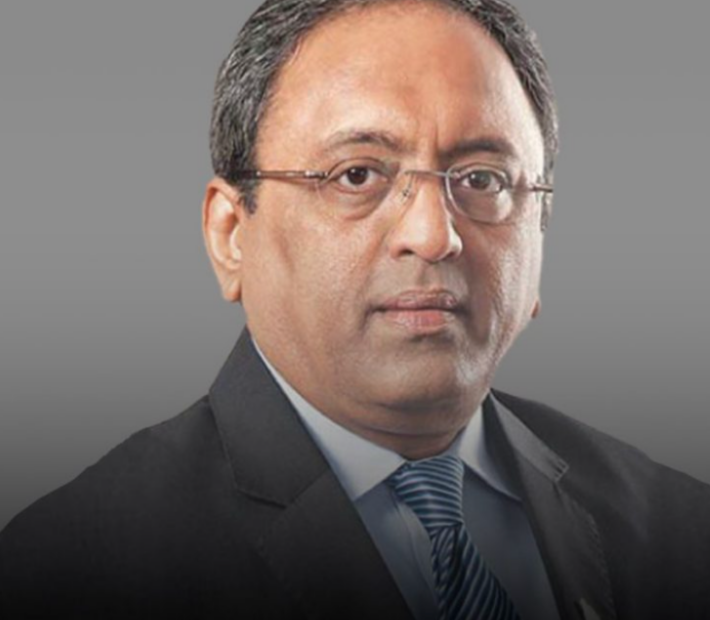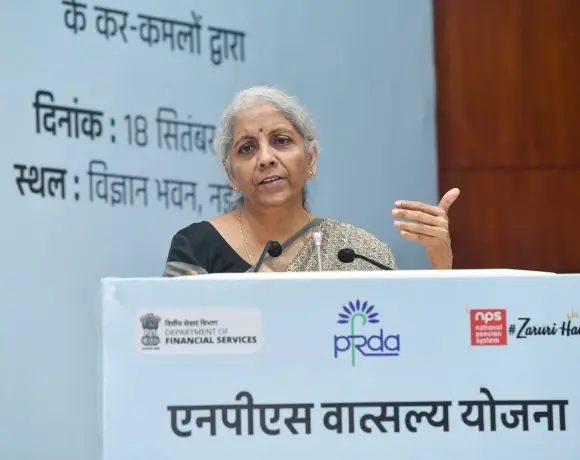
L&T Chairman Advocates for 90-Hour Workweek, Sparking Debate on Work-Life Balance
In a bold and controversial remark, S N Subrahmanyan, Chairman and Managing Director of Larsen & Toubro (L&T), proposed that employees should work 90 hours a week, including Sundays, to boost productivity. His statement has stirred a widespread debate on the practicality of such expectations and its implications for work-life balance.
The Controversial Statement
Speaking at a recent industry event, Subrahmanyan questioned the traditional approach to balancing personal and professional life. “How long can you stare at your wife?” he quipped, implying that individuals should spend more time focusing on their professional responsibilities. His suggestion translates to a daily workload of approximately 13 hours across all seven days of the week.
Industry Reactions
The statement has drawn mixed reactions from across the corporate spectrum. Proponents argue that longer work hours can enhance productivity, especially in competitive industries. However, critics have raised concerns over the potential risks of employee burnout, diminished job satisfaction, and adverse effects on mental health.
Broader Implications
Subrahmanyan’s remarks come at a time when conversations around employee well-being and work-life balance are gaining prominence. With the rise of flexible work arrangements and a growing emphasis on mental health, many industry leaders have questioned the feasibility of such a demanding work culture.
Managing Expectations in the Workplace
Experts suggest that while high expectations can drive results, they must be tempered with sustainable practices to ensure long-term productivity and employee retention. Organizations are encouraged to focus on output rather than hours worked, promote mental and physical health initiatives, and maintain open communication to address concerns related to workload.
As the debate continues, the focus remains on finding a balance between organizational goals and the well-being of employees. Subrahmanyan’s remarks, while controversial, have reignited discussions about the evolving nature of work in modern corporate culture.


















